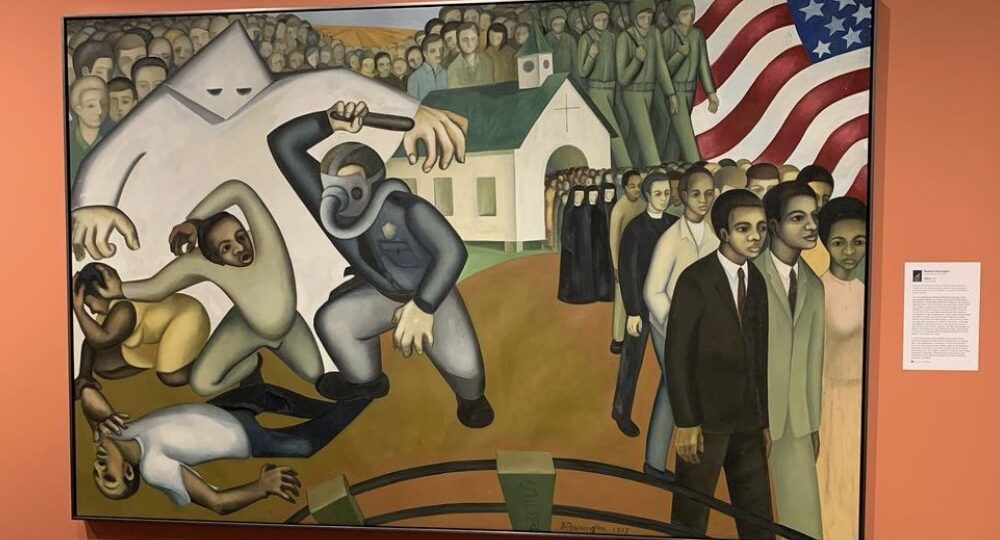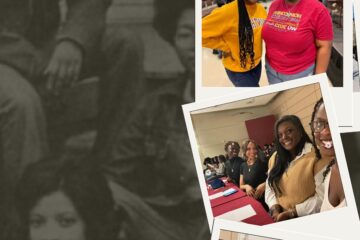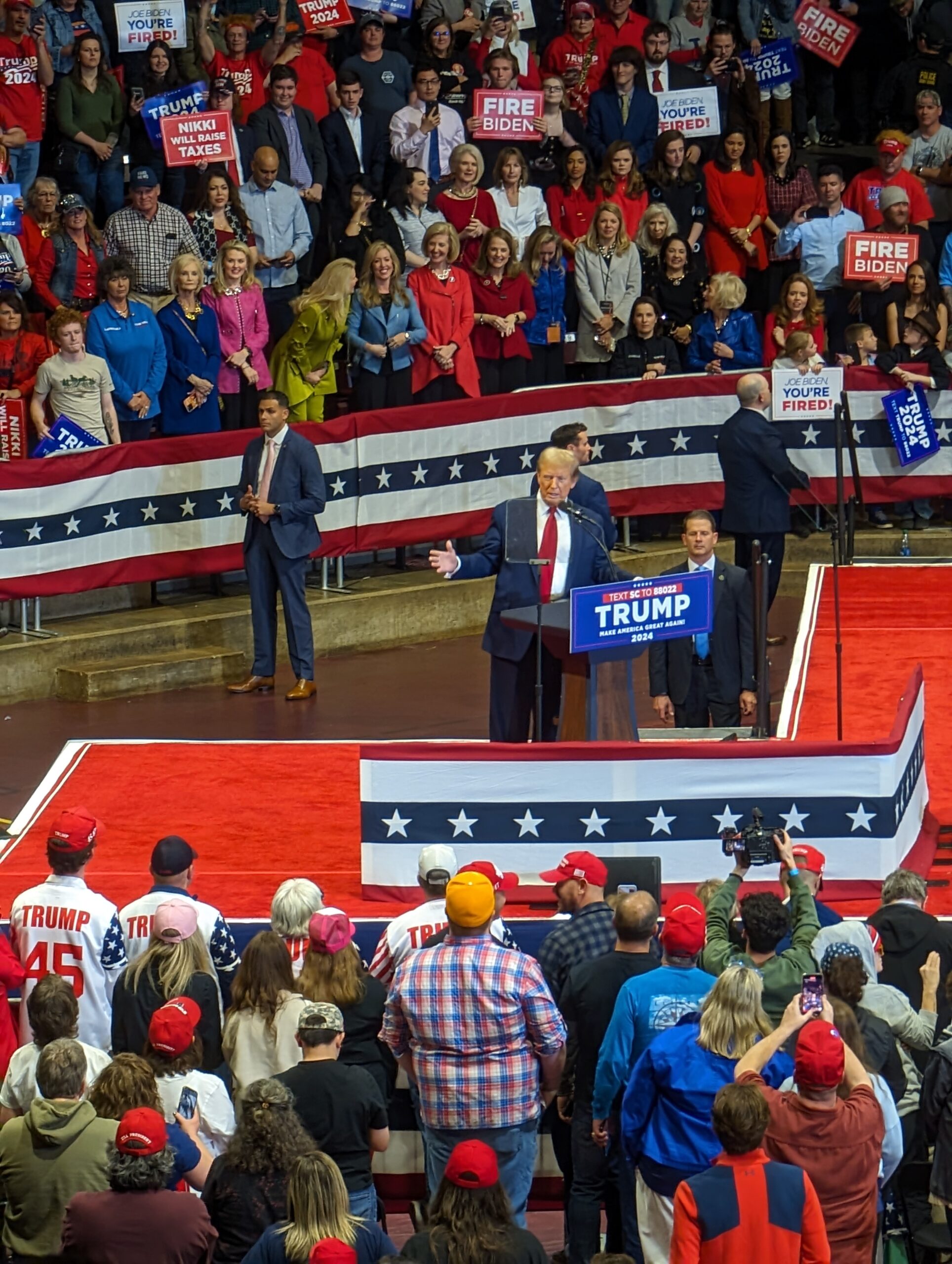Black History Month in February is a time for us to reflect on those who came before us and honor their legacy. Including people like Medgar Evers, Martin Luther King Jr. and John Lewis. But it’s also a reminder for us to not become too complacent with where we are today. There’s still work to be done and history to be taught. There’s still so much evolution and justice deserved for the Black community today.
Professor Joyce White has been working here at Winthrop since 2019. She teaches Critical Thinking and African American Literature. Every day, students in her class learn about great African American writers and their timeless works.
“I think Black History Month really puts into prominence, you know, a sort of practice we should have every day, especially as African Americans,” White explained. “Which is that it gives hope, homage and honor to those that have come before us and have made significant impacts, and not just the lives of African Americans, but in American life.”
Winthrop professor Dr. Dixon-McKnight, teaches both U.S History and African American History. Although Dixon teaches U.S History and African American History as different courses, she notes how both are integral and not separated at their core.
“Black History Month is why I do what I do,” McKnight said. “The study of Black history, it’s important to highlight the experiences of African Americans. You know, we often think about American history as one discipline and African American as another. Well, that’s true in some ways. The other thing to think about is that Black history is U.S. history.”
White sees this month as a time to reflect on what our ancestors did for us, that to be where she is today wouldn’t have happened without those she’s learned from and who came before her.
“When I go into the classroom, I teach that’s what I’m doing is I’m honoring the legacy of Carter G. Woodson and what he would have, I think, in my humble opinion, what he what he would have wanted in terms of how this Negro History Week expanded into a month, but then how this is a lived and everyday practice of honoring,” White said. “People like Angela Davis who are still living today and Sonia Sanchez and Nikki Giovanni, who are continually still talking about oppression, still talking about social injustice, still really dedicated to the uplift of Black Folk, not just in America, but around the world, the diaspora.”
Nyombi Walthour-Corley, a junior at Winthrop, is currently taking African American Literature with Professor White.
“For me, Black History Month is truly a holiday. It is sacred,” Walthour-Corley said. “It is a celebration for the Black community; a remembrance of our long history, including our many hardships, achievements and successes and it represents a yearly cultural revival that is all the more important for these younger generations of Black people.”
As we move forward in our generation we cannot forget the traumas the Black community has faced and continues to face today. Just because our voices are louder than ever does not mean racism has completely dissolved.
“For non-Black people to truly understand us, they need to know our history. Our origins. What we’ve done after enslavement and freedom, which ultimately made us the people we are today,” Walthour-Corley explained. “I would also like them to recognize that we are not a monolithic people—there are several subcultures under our umbrella community.”
Black History Month is not only for Black people, it is for every race to learn from and understand why this month is important and that the message remains to be practiced every single day of our lives.
“I want non-Black people to make the conscious choice to educate themselves on us and our cultures instead of relying on us to do the intellectual-emotional labor for them,” Nyombi shares. “To recognize that our Ebonics, AAVE and Creole are just as much languages as they are dialects—and that they are not “Tik Tok” slang or social media slang in general.”





Solid article! Enjoyed each faculty member’s perspective for sure.